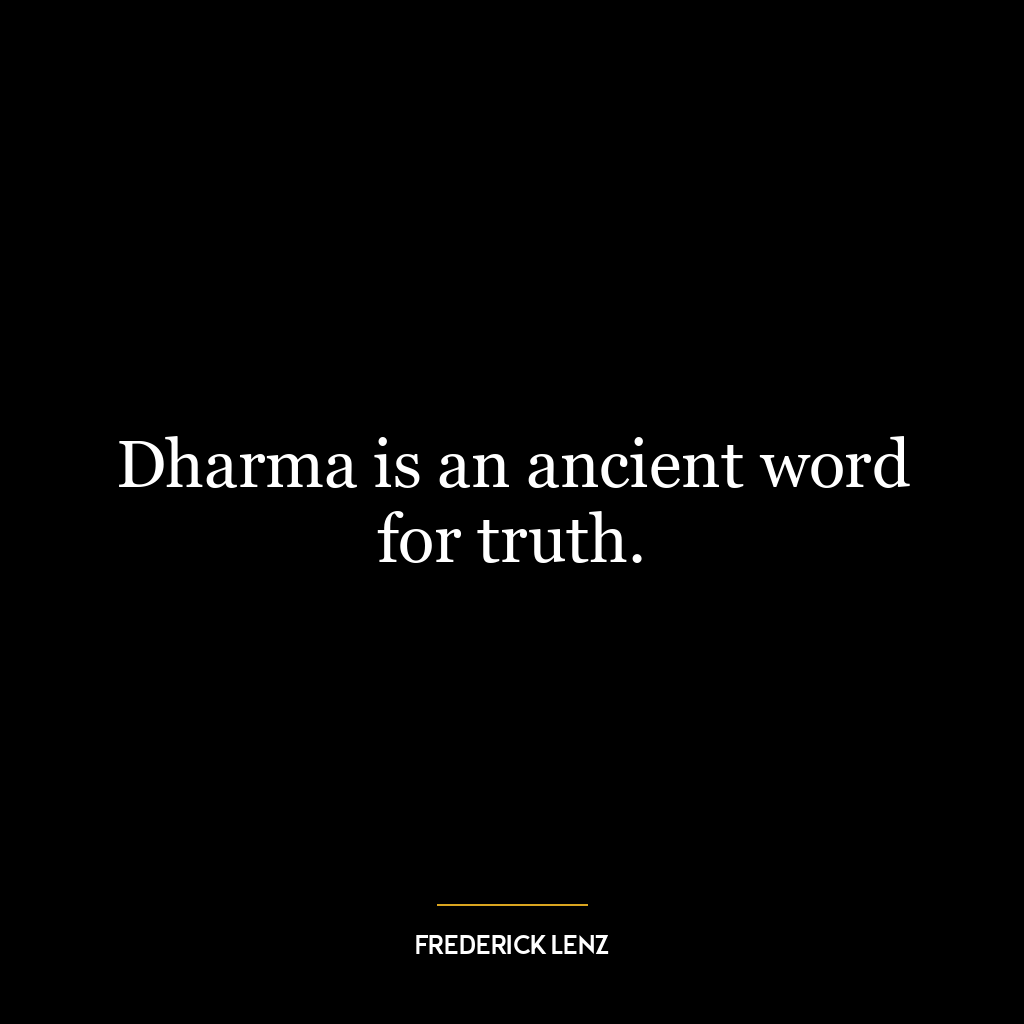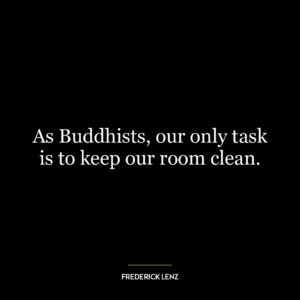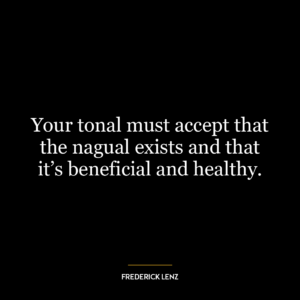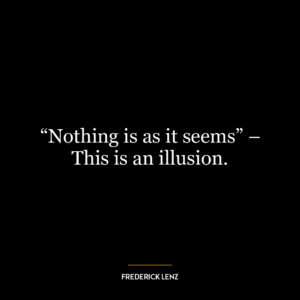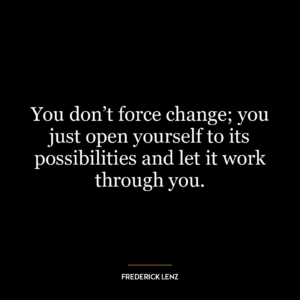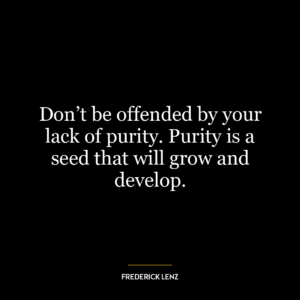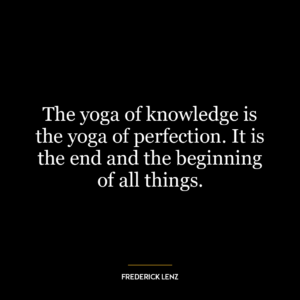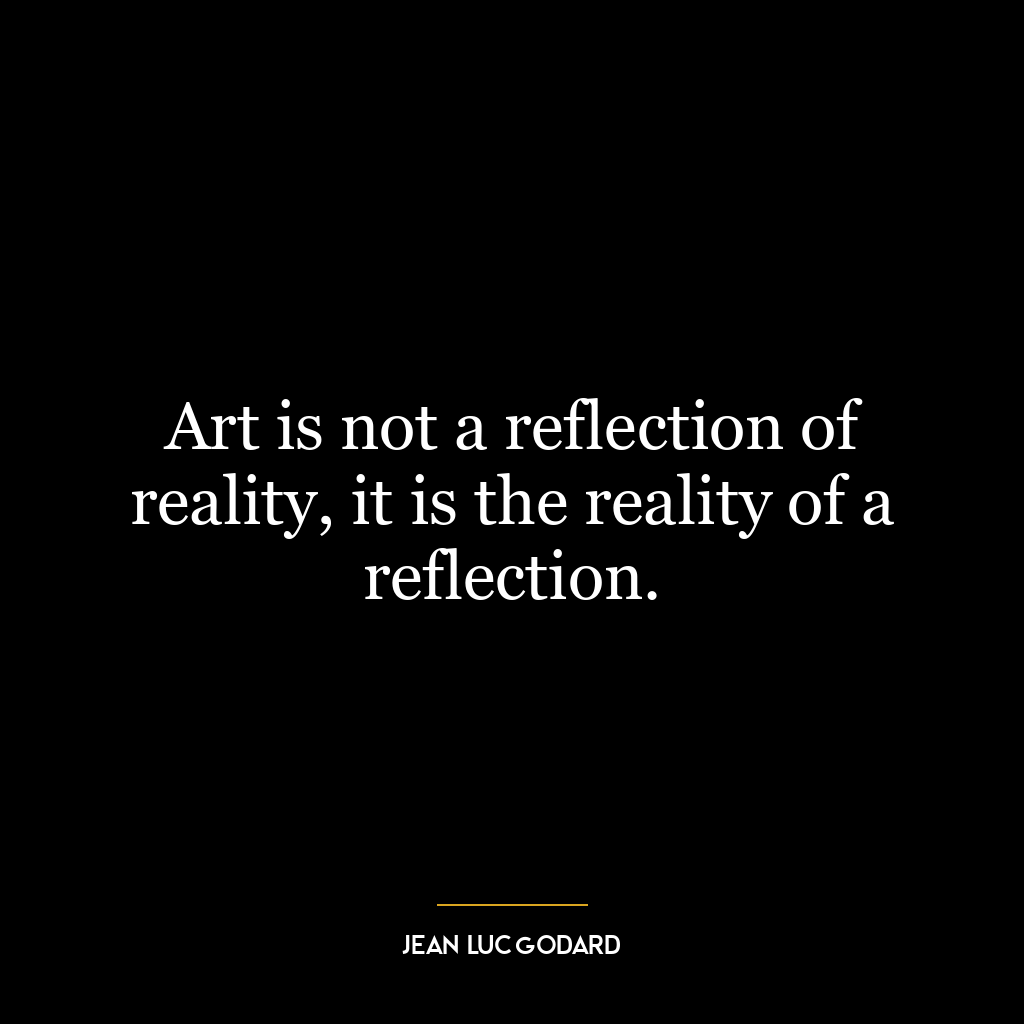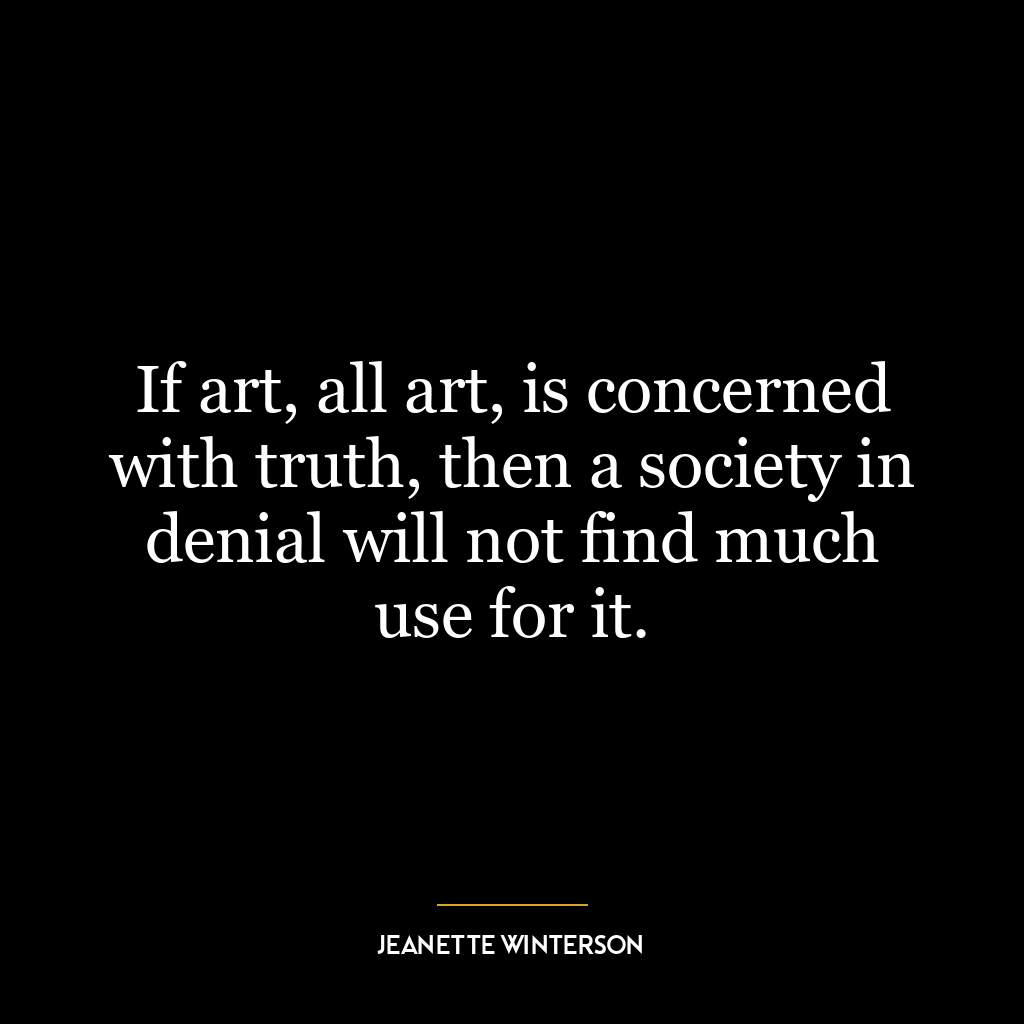Dharma is an ancient word for truth.
Dharma is an ancient word for truth” is a profound statement that captures the essence of a philosophical concept rooted in Eastern spirituality. Dharma, in Hinduism, Buddhism, Jainism, and Sikhism, refers to the underlying order in nature and life’s inherent duties and responsibilities. However, when it’s translated as ‘truth,’ it conveys a deeper, more universal meaning.
The quote suggests that Dharma isn’t just about fulfilling one’s societal or religious duties, but also about seeking and living in accordance with universal truth. It implies that truth is a fundamental law of the universe, just like gravity or time. This truth is not just factual accuracy but a deeper understanding of the nature of existence, reality, and the self.
In the context of personal development, this quote can be seen as an encouragement to align ourselves with our personal truth or Dharma. This could mean recognizing our core values, passions, and purpose, and living in a way that reflects them. It’s about being authentic, not only in our actions but also in our thoughts and emotions.
In today’s world, where falsehoods and misinformation are rampant, this quote is a reminder of the importance of seeking truth. It calls for discernment, critical thinking, and the courage to stand up for what is true and right. It also suggests that truth is not just about honesty in our interactions with others, but also about integrity with ourselves.
In the broader societal context, this quote can inspire us to create systems and institutions that reflect and uphold truth, justice, and fairness. It challenges us to question existing structures and narratives and to strive for a world that aligns with the principles of Dharma.
In essence, this quote reminds us that truth, or Dharma, is not a static or external entity, but a dynamic, internal process of self-discovery and growth. It’s about aligning our personal journey with the universal journey towards greater awareness, understanding, and harmony.

